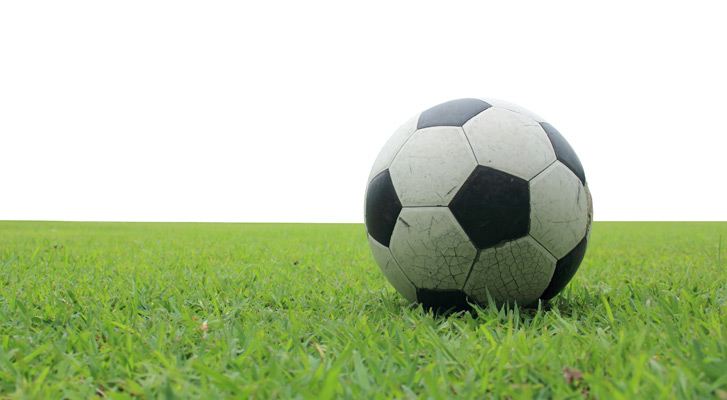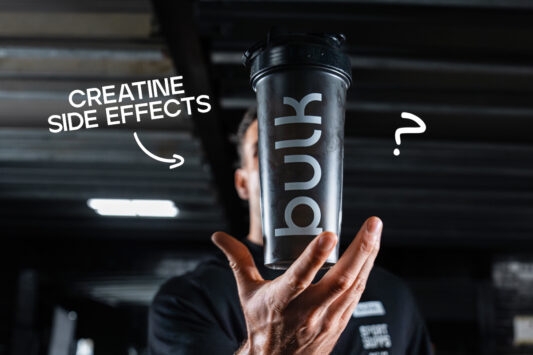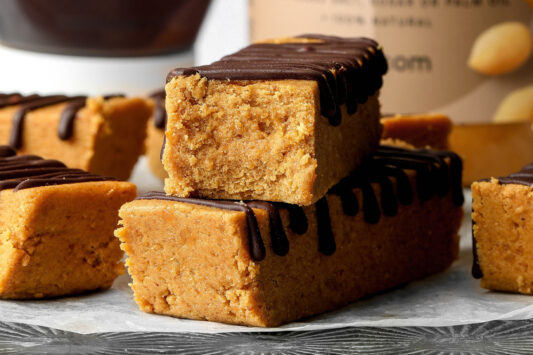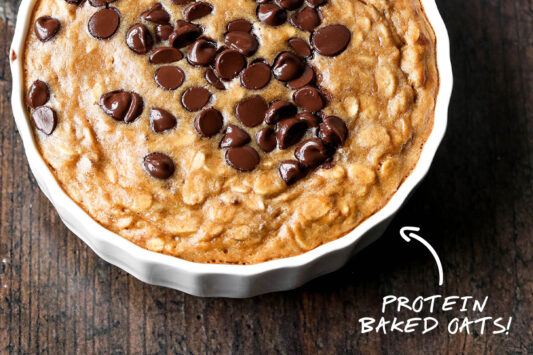With Euro 2012 in full flow, pubs up and down the country are full of punters discussing ‘overpaid footballers.’ No doubt there is talk about how players and managers complain too much about a lack of recovery time between games. After all, they are paid so much they should be able to run around after a ball for 90 minutes every day, right? Or is it not quite that simple?
As a game, over the last 20 years, football has become increasingly more professional: from the running of clubs to the player’s training and nutrition. Players are fitter, faster and stronger than ever before.
To see if players really should really stop moaning about fixture pile ups, let’s look at some of the physiological demands:
- Football is characterised as a high intensity, intermittent game with both aerobic and anaerobic elements
- Research on Premier League players showed the average player covered over 10km per match1
- Some players, such as midfielders, can cover almost 12km per match2
- For over 10% of the game, players are sprinting3 – that’s over 1km for most players. Top speeds are around 32km/h 4 (about 20mph)
- Players have around 72 seconds recovery between sprints , performing between 150-250 intense actions per game5
- A large amount of muscle damage is caused due to frequent acceleration, deceleration, & changes of direction6
- Average Heart Rate is 85% of maximum for 90 minutes (that’s around 165bpm for a 25 year old)7
- Players burn around 1000-1500Kcal per game8 with a daily requirement of circa 4000Kcal9
Looking at the above, I think it’s fair to say that football is a pretty demanding game! One area that footballers are paying more attention to, in order to meet the increasing physiological demands, is their nutrition. Appropriate nutrition provides the fuel for training and matches as well as for recovery. Basic nutritional requirements for footballers are:
- At least 5g carbohydrate per kilogram of bodyweight (so for a 75kg player, that would be 375g carbs)
- A protein intake of around 1.5-2g.kg.bw (so 112-150g protein for a 75kg player)
- Fat should make up around 20% of calorie intake, with a focus on essential fat
- Adequate fluid with Sodium – players can easily lose 1.5% bodyweight during a game and this should be avoided
Supplementation is also becoming increasingly popular in football – whether it’s additional carbohydrate, protein for recovery or creatine for repeated sprint ability. Key supplements used in football include:
Dextrose, Maltodextrin & Vitargo
Used for both fuel and recovery. Typically used post-training/match to replenish muscle glycogen (fuel )levels
Whey Protein
Used throughout the day and around training/matches. Commonly used after training/matches to aid muscle repair
Creatine Monohydrate
Used to replenish creatine stores to aid recovery from repeated sprints and to improve performance. Research shows improvements in 5m and 15m sprint time.10
Essential Fats
Particularly Omega-3 to reduce inflammation and for general health.
Isotonic drink with Sodium
To sip on pre/during/post match to maintain hydration status
Putting it all together, a typical days eating for a footballer preparing for a 12:45 kick off could be:
08:30: 100g muesli, 300ml skimmed milk, apple, 120g yoghurt, 25-30g Whey Protein + Super Strength Fish Oils
10:30-12.45: Sip on 60g Vitargo + 30g Whey Protein+ 200mg Caffeine Tab
13:30-13:45: 1x commercially available carbohydrate-electrolyte drink
14:30: 75g Maltodextrin/Dextrose + 25g-30g Whey Protein + 5g Creatine Monohydrate
16:00: 100g pasta, 100g chicken breast, tomato sauce, vegetables, fruit salad
18:00: Large turkey and salad baguette
20:00: 100g basmati rice, 150g salmon fillet, lentils, black bean
22:00: 4 slices of wholemeal toast, jam, 200g cottage cheese + Super Strength Fish Oils
Looking at the physiological demands of football and the nutrition that is required to fuel and recover, I think it is clear that a lot goes into an intense 90 minutes – it’s not as easy as it looks, so maybe we should cut the players some slack during Euro 2012…
References:
1. Rienzi, E., Drust, B., Reilly, T., Carter, J.E., & Martin, A. (2000) Investigation of anthropometric and work-rate profiles of elite South American international soccer players. Journal of Sports Medicine and Physical Fitness, 40, 162-9.
2. Bradley, P.S., Sheldon, W., Wooster, B., Olsen, P., Boanas, P., & Krustrup, P. (2009) High-intensity running in English FA Premier League soccer matches. Journal of Sports Sciences, 15, 27:159-68.
3. Di Salvo, V., Gregson, W., Atkinson, G., Tordoff, P., Drust, B. (2009) Analysis of high intensity activity in Premier League soccer. International Journal of Sports Medicine, 30, 205-212.
4. Bangsbo, J., Mohr, M., & Krustrup, P. (2006) Physical and metabolic demands of training and match play in the elite football player. Journal of Sports Sciences, 24, 665-74.
5. Mohr, M., Krustrup P., & Bangsbo J. (2003) Match performance of high-standard soccer players with special reference to development of fatigue. Journal of Sports Sciences, 21, 519-28.
6. Krustrup, P., Mohr, M., Steensberg, A., Bencke, J., Kiaer, M., & Bangsbo, J. (2006) Muscle and blood metabolites during a soccer game: implications for sprint performance. Medicine and Science in Sports and Exercise, 38, 1165-74.
7. Bangsbo, J., Mohr, M. and Krustrup P. (2006) Physical and metabolic demands of training and match-play in the elite football player. Journal of Sports Sciences 24(7), 665-674.
8. Osgnach, C., Poser, S., Bernardini, R., Rinaldo, R., & Di Prampero, P.E. (2010) Energy Cost and Metabolic Power in Elite Soccer: A New Match Analysis Approach. Medicine & Science in Sports and Exercise, 42, 170-178.
9. Ebine, N., Rafamantanantsoa, H., Nayuki, Y., Yamanaka, K., Tashima, K., Ono, T., Saitoh, S. and Jones, P. (2002) Measurement of total energy expenditure by the doubly labeled water method in professional soccer players. Journal of Sports Sciences 20(5), 391-397.
10. Mujika, I., Padilla, S., Ibanez, J., Izquierdo, M., & Gorostiaga, E. (2000) Creatine supplementation and sprint performance in soccer players. Medicine and Science in Sport and Exercise, 32, 518-525.
















